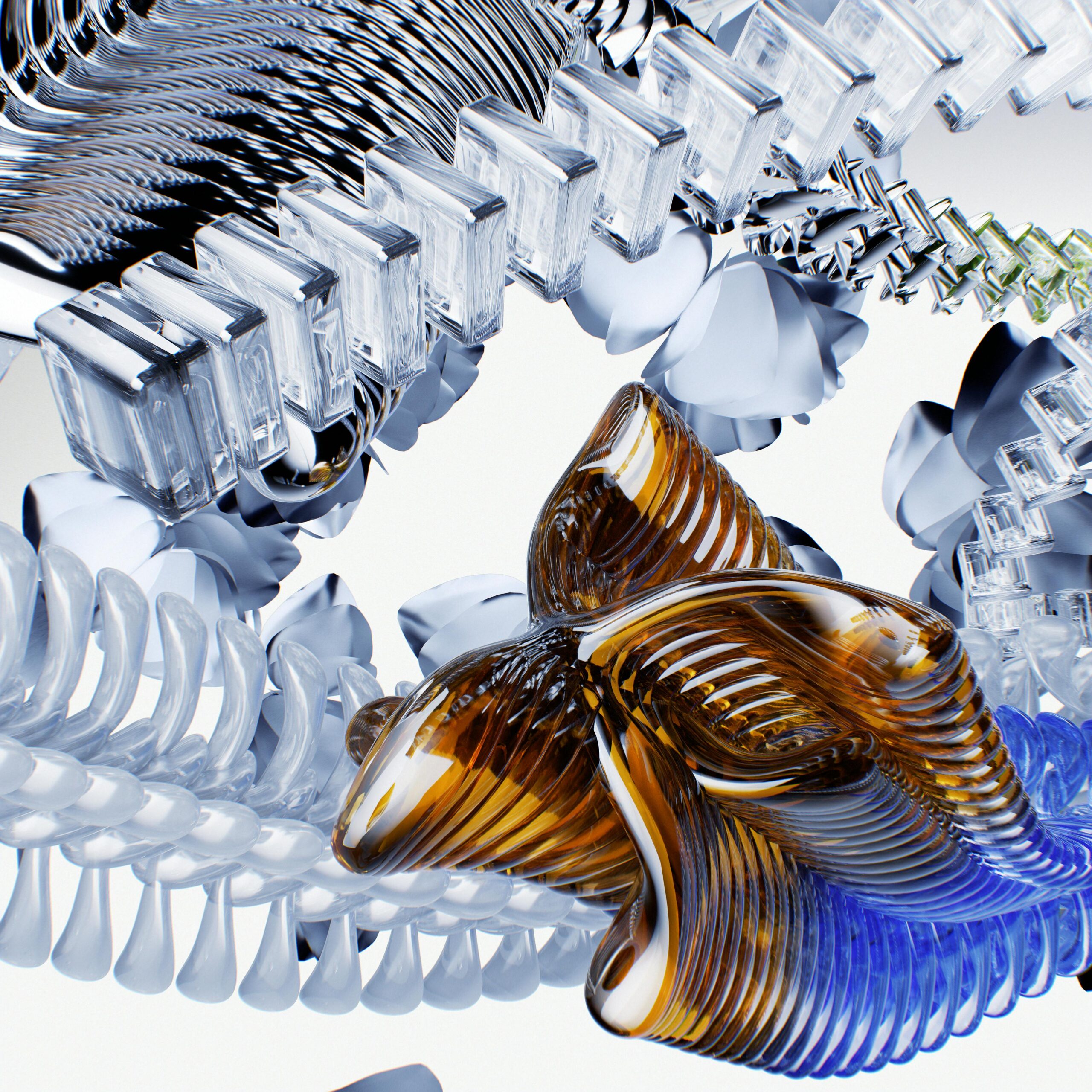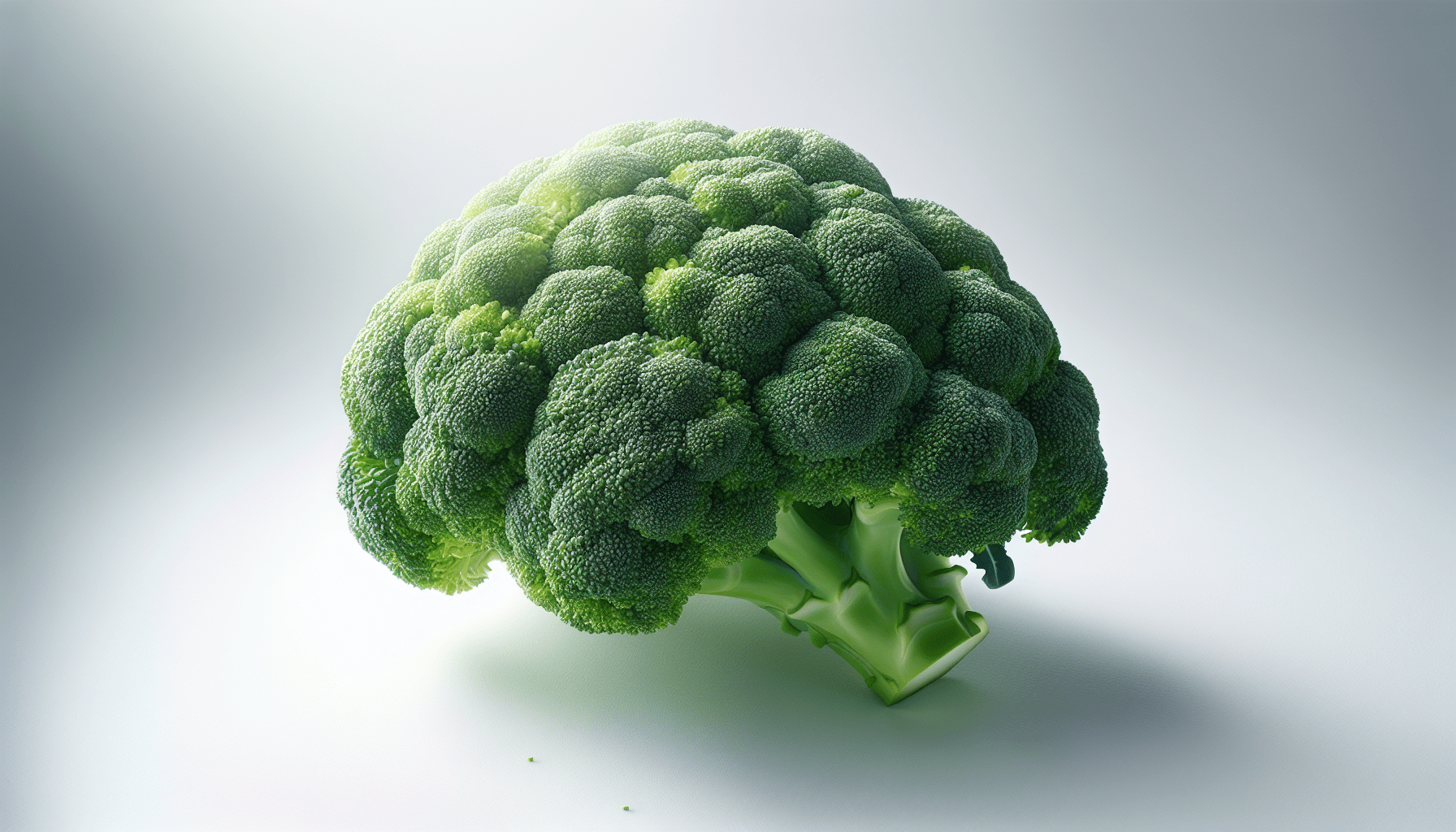Have you ever wondered how to keep your brain in top shape and what nutrients may aid in that endeavor? Understanding the crucial role of vitamins, particularly those that contribute to brain health, can give you a significant advantage in sustaining cognitive function throughout your life.
The Importance of Brain Health
Caring for your brain is not just about preventing cognitive decline; it’s also about enhancing your mental agility, focus, and overall well-being. The brain is the control center of your body, orchestrating everything from your thoughts and emotions to your movements. Fostering its health can lead to a better quality of life and longevity.
Cognitive Decline and Modern Life
In the modern, fast-paced world, many factors can lead to cognitive decline. From chronic stress to poor diet and lack of sleep, several habitual elements can negatively affect brain function. Understanding how to nourish your brain properly can become a critical tool in combating these influences.
Identifying the Vital Vitamin for Brain Health
So, which vitamin is essential for brain health? You may have already heard whispers about Vitamin B12. Let’s take a closer look at why Vitamin B12 stands out in the realm of cognitive well-being.
What is Vitamin B12?
Vitamin B12, also known as cobalamin, is a water-soluble vitamin that plays a role in the healthy functioning of your brain and nervous system. It is involved in the formation of red blood cells and aids in DNA synthesis.
Benefits of Vitamin B12:
- Supports cognitive function
- Enhances neurological health
- Improves mood and helps prevent depression
- Reduces the risk of dementia and Alzheimer’s disease
Different Forms of Vitamin B12
Vitamin B12 exists in several forms. The primary forms include cyanocobalamin, hydroxocobalamin, and methylcobalamin. Each type has unique benefits and absorption rates.
| Type | Primary Sources | Benefits |
|---|---|---|
| Cyanocobalamin | Synthetic from fortified foods and supplements | Wide availability, stable but less effective |
| Hydroxocobalamin | Natural from animal products, some supplements | Longer retention in the body |
| Methylcobalamin | Natural and supplement form | Directly utilized by the body, preferred form |
Understanding which form of Vitamin B12 may be best for you can help target specific health needs effectively.

Functions of Vitamin B12 in Brain Health
Supports Myelin Sheath Formation
The myelin sheath is a protective covering that surrounds your nerves, allowing electrical impulses to transmit quickly and efficiently along the nerve cells. Vitamin B12 is crucial for the maintenance and formation of this sheath. Damage to the myelin sheath can lead to neurological problems and severe cognitive decline.
Enhances Neurotransmitter Production
Neurotransmitters are chemical messengers that transmit signals across a chemical synapse, such as between a neuron and muscle cell or another neuron. Vitamin B12 assists in the production of neurotransmitters like serotonin and dopamine, which are essential for mood regulation, focus, and overall mental clarity. A deficiency in these neurotransmitters can lead to conditions like depression and anxiety.
Reduces Homocysteine Levels
Elevated levels of homocysteine, an amino acid in your blood, have been linked to brain atrophy and an increased risk of cognitive decline. Vitamin B12 helps in converting homocysteine into methionine, another amino acid, which in turn helps reduce the levels of homocysteine in your bloodstream. This conversion is pivotal in promoting cardiovascular and brain health.
Dietary Sources of Vitamin B12
If you are wondering where to find this vital nutrient, here are some of the richest sources of Vitamin B12.
Animal-based Sources
Foods derived from animals are among the best sources of Vitamin B12. They include:
| Food | B12 Content per Serving | Additional Benefits |
|---|---|---|
| Beef liver | 70.7 mcg (per 100g) | Iron-rich |
| Clams | 98.9 mcg (per 100g) | High in protein |
| Fish (e.g., salmon) | 4.15 mcg (per filet) | Heart-healthy fats |
| Eggs | 0.6 mcg (per egg) | High-quality protein |
| Dairy products | 1.4 mcg (per cup) | Calcium-rich |
Plant-based and Fortified Foods
For those who follow a plant-based diet, obtaining adequate Vitamin B12 can be challenging, but some fortified foods and vegan-friendly options are available:
| Food | B12 Content per Serving | Additional Benefits |
|---|---|---|
| Fortified cereals | 6 mcg (per cup) | High in fiber |
| Nutritional yeast | 2.4 mcg (per 1 tbsp) | Adds a cheesy flavor |
| Fortified plant milks | 3 mcg (per cup) | Lactose-free alternative |
| Fortified tofu | 2 mcg (per serving) | High in protein |
Dietary Supplements
Vitamin B12 supplements can be an excellent addition if you feel your diet does not provide enough of this vital nutrient. These come in various forms, including tablets, sublingual (under the tongue) globules, and injections. Your healthcare provider can help determine the best option for you.

Deficiency Symptoms and Risks
Vitamin B12 deficiency can be silent and insidious, often presenting with various symptoms that may be attributed to other health conditions. Some common indicators of deficiency include:
Neurological Symptoms
- Memory Loss: One of the earliest signs of B12 deficiency could be unexplained memory lapses.
- Cognitive Decline: Difficulty concentrating, confusion, or slow thinking can be noted.
- Neuropathy: Tingling sensation in the hands and feet, which arises from nerve damage caused by a lack of B12.
Physical Symptoms
- Fatigue and Weakness: Since B12 is essential for red blood cell production, its deficiency can lead to anemia, characterized by fatigue and weakness.
- Pale or Jaundiced Skin: Vitamin B12 deficiency can cause the skin to appear pale or slightly yellow due to anemia.
Mental Health Symptoms
- Mood Changes: Increased irritability, depression, and anxiety can signal a Vitamin B12 deficiency.
- Sleep Disturbances: Issues such as insomnia or difficulty staying asleep can sometimes be linked to inadequate B12 levels.
High-Risk Groups
Certain individuals are at a higher risk of Vitamin B12 deficiency, including:
| High-Risk Group | Reason for Higher Risk |
|---|---|
| Elderly | Reduced ability to absorb B12 from food |
| Vegetarians and Vegans | Lack of animal products in their diet |
| People with gastrointestinal disorders | Conditions like Crohn’s or celiac disease affecting nutrient absorption |
| Pregnant or breastfeeding women | Increased nutritional demands |
| Those taking specific medications | Such as metformin or proton pump inhibitors |
How to Properly Test for Vitamin B12 Deficiency
If you’re concerned about your Vitamin B12 levels, the best course of action is to get tested. Several tests can accurately measure your B12 status.
Blood Test
The most common method is a blood test that measures the total amount of Vitamin B12 in your bloodstream. While this test can give an overall picture, it doesn’t differentiate between active and inactive forms of B12.
Methylmalonic Acid (MMA) Test
The methylmalonic acid test is more specific in identifying B12 deficiency. Elevated levels of MMA in your blood or urine indicate a functional B12 deficiency at the cellular level.
Homocysteine Test
As previously mentioned, elevated homocysteine levels can also flag a B12 deficiency. This test is usually conducted alongside other tests for a more comprehensive diagnosis.

Treatment Options for Vitamin B12 Deficiency
Treating a Vitamin B12 deficiency can involve dietary changes, supplementation, or even medical interventions such as injections.
Dietary Adjustments
If your diet is the root cause of your deficiency, incorporating more Vitamin B12-rich foods can be the first step. Animal products and fortified foods should become staples in your diet if possible.
Oral Supplements
Oral supplements are often recommended when dietary adjustments alone are insufficient. These come in various forms, including tablets and sublingual lozenges. Sublingual forms are typically absorbed more efficiently since they bypass the digestive system.
Injections
In severe cases, especially when absorption issues are present, intramuscular Vitamin B12 injections may be necessary. Your healthcare provider will administer these injections based on your needs and monitoring results.
The Role of Lifestyle Choices in Enhancing Brain Health
While Vitamin B12 is vital for brain health, it works best when complemented by other healthy lifestyle choices.
Balanced Diet
In addition to Vitamin B12, other nutrients such as omega-3 fatty acids, antioxidants, and various vitamins (like Vitamin E and Vitamin C) play a role in cognitive health. A balanced diet rich in fruits, vegetables, whole grains, and lean proteins is essential.
Regular Exercise
Physical activity not only boosts physical health but also improves blood flow to the brain, promoting better cognitive function. Aim for at least 150 minutes of moderate aerobic activity or 75 minutes of vigorous activity per week.
Mental Stimulation
Keeping your brain active through learning new skills, reading, playing puzzles, or engaging in social activities is crucial. This kind of stimulation can build cognitive reserve, making your brain more resilient to age-related declines.
Stress Management
Chronic stress can wreak havoc on your cognitive health. Techniques such as mindfulness, meditation, yoga, or even short breaks during the day can significantly reduce stress levels.
Quality Sleep
Adequate and restorative sleep is fundamental for brain health. Aim for 7-9 hours of sleep per night. Good sleep practices, such as maintaining a regular sleep schedule and creating a restful environment, can improve your sleep quality.

Misconceptions About Vitamin B12 and Brain Health
There are several myths regarding Vitamin B12 and cognitive function. Let’s address some of these common misconceptions.
Misconception 1: Only Vegans Need to Worry
It’s not just vegetarians and vegans who should be concerned about B12. Many omnivores, especially the elderly, can also be at risk due to absorption issues.
Misconception 2: You Can Get Enough B12 from Plant Sources Alone
While seaweed, algae, and certain fermented foods are often touted as plant-based B12 sources, they provide very little active B12. Fortified foods and supplements are crucial for those who don’t consume animal products.
Misconception 3: More B12 Will Make You Smarter
While ensuring adequate B12 levels is crucial for brain health, excessive intake will not enhance your cognitive abilities beyond normal function. Like many nutrients, balance, not excess, is key.
Conclusion
Understanding the significance of Vitamin B12 to brain health is an empowering step toward a healthier, more vibrant life. From supporting myelin sheath formation to enhancing neurotransmitter production and reducing homocysteine levels, Vitamin B12 plays multiple critical roles.
Moreover, by maintaining a balanced diet, keeping an active mind and body, managing stress, and ensuring good sleep hygiene, you can fortify your cognitive health. The more informed you are about nutrients like Vitamin B12, the more proactive you can be in maintaining long-term brain health.
If you’re ever uncertain about your Vitamin B12 levels or suspect a deficiency, consulting with a healthcare provider for appropriate testing and intervention strategies is always a good course of action. By taking these steps, you invest in the robustness and longevity of your brain, ensuring sharper cognitive function and an overall enhanced quality of life.
